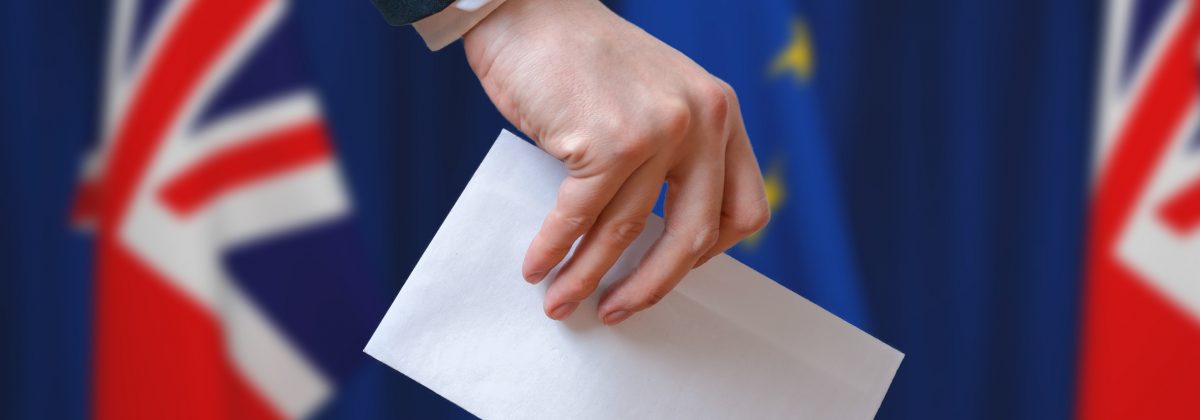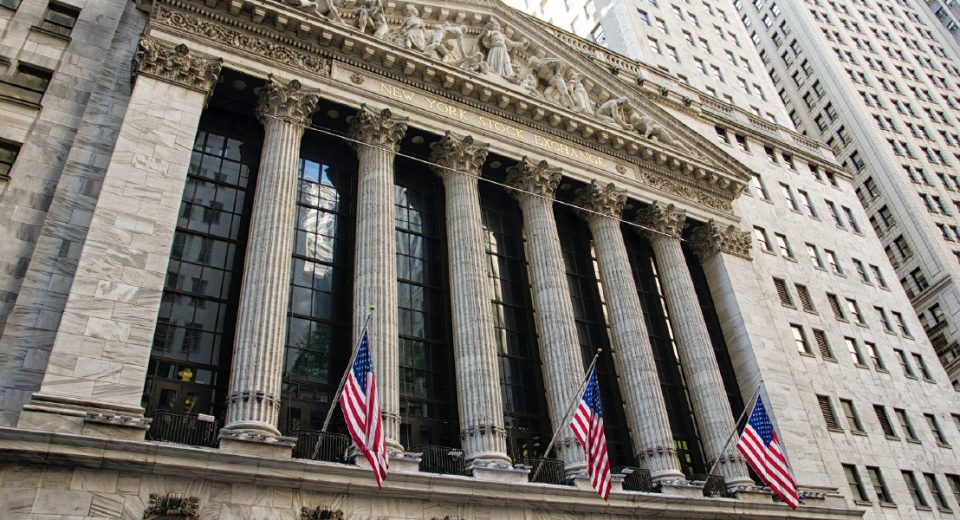The Effect of Upcoming Brexit Vote on UK Economy

Will Brexit actually take place on March 29, 2019? This is the million-dollar question haunting everyone around the world today, particularly citizens, investors and trading partners of the UK and EU. Unless the UK parliament takes some definite action that says otherwise, such as cancelling Article 50 or asking the EU for an extension of the deadline, Brexit seems imminent.
The Current Scenario
In early March 2019, British Prime Minister Theresa May suffered a second defeat in parliament in regards to the withdrawal agreement. Members of parliament rejected the current deal by an astounding 149 votes, even after multiple assurances from the EU. This has increased political and business uncertainty about what will happen next.
Currently the UK has extended the deadline so it doesn’t face the scenario of severing ties with the EU without a deal. The UK is hoping to avoid a hard exit, where it leaves not only the EU but the single market and the customs union. Doing so will bring an era of economic uncertainty. So, what can we expect for now?
Consequences of a No-Deal Brexit on the UK Economy
1. Significant Fall in the Pound Sterling
In the aftermath of Brexit, the British currency will be hit hard. We had already seen the pound sterling hitting an 8-year low in mid-2017 against the euro, amidst faltering Brexit negotiations. Even on the morning of June 24, 2016, when the referendum took place, the GBP declined 10% against the USD; it’s lowest since 1985.
Depreciation in the value of the pound sterling will increase import prices and inflation, while reducing real wages simultaneously. Consumer spending will be negatively impacted, as will business confidence. Businesses will face a hike in input prices. This will happen on two accounts; a decline in the value of the GBP as well as the necessity to replace EU imports with more expensive options outsourced from other countries. Higher import prices and the ensuing inflation, along with lower wages, will impact the standard of living for EU citizens.
In the forex arena, traders will see no reason to hold onto GBP assets, in case of a severe decline, especially against the relative strength of the USD. Experts say that GBP/USD could go as low as $1.24. Extreme price volatility will be seen in other currency pairs as well, such as EUR/USD and GBP/EUR.
The GBP/EUR is expected to go down to €1.11 or €1.10. Among those exposed to the currency rate volatility, the greatest blow will come for the retail and industrial sectors, since the ripple effects will be felt up and down the supply chain.
2. No Trade Agreement
No trade agreement means that the UK will lose the tariff-free trade benefits with EU nations. Exporters will be impacted, as this will increase the price of their goods in the EU zone, increasing the cost of exports. The new tariffs would be as high as 74% for tobacco and 22% for orange juice.
Considering that the UK gets a third of its food supply from the EU, customs delays will create food shortages. This will be a significant blow to the country, already reeling under the effects of global warming, which has brought droughts and low food production.
In the event of a no-deal, both the UK and EU will revert to the rules imposed by the World Trade Organization (WTO). It would take some time for the dust to settle and for the creation of new bilateral trade agreements under the WTO framework. In the long-term, this might reduce output by 10%, slowing economic growth in the UK.
Monetary Policy of the Bank of England
As expected, the British central bank will intervene to mitigate risks due to policy actions. It is expected that the BoE will likely increase interest rates more slowly than otherwise. Many economists and analysts believe that it would actually lower interest rates to facilitate growth. Its primary role will be to curb inflation and bring stability in the GBP exchange rates. The BoE had previously increased the interest rates in August 2018, by a quarter of a percentage point, the highest since 2009.
In February 2019, the Bank of England sharply decreased its 2019 economic outlook to 1.2%, the weakest economic growth since the global financial crisis. It had previously projected growth of 1.7% for 2019, in November 2018.
Status of London as the Global Financial Hub
London is a prominent financial centre for global market participants. After Brexit, it could lose this prestigious title. Companies won’t be able to offer licensed financial services to EU member countries. Companies in London will lose the ability to bid on public contracts in EU countries. This will affect all services based in the city, especially banking.
EU bankers have already been leaving the city since the 2016 referendum. A report by Politico stated that almost 5,000 banking jobs in London will be lost with a hard Brexit. In addition to this, young workers in the UK will no longer have jobs in the EU union, readily available to them so far. Financial firms and businesses may lose the state-of-the-art technologies that EU grants for research and development.
Foreign direct investment will suffer too. The UK’s membership of the EU has been a lure for foreign direct investment, since foreign investors always considered the UK as a gateway into the EU markets.
All this will have a significant impact on real estate prices. As Europeans start relocating from London back to their home countries, property and home prices will see a slump, negatively impacting the UK housing market.
Final Thoughts
In 2018, it was estimated that Brexit had so far cost the UK over £24 billion; £450 million a week or £870 million a household per year. The UK government predicts an 8%-10% reduction in GDP and wages over the course of the next 15 years. Right now, it is a period of extreme uncertainty. It is difficult to predict what measures the BoE will take to foster economic stability and how these reforms will pan out. It is important that traders remain informed about Brexit developments, since its consequences will be felt by markets around the world.
A falling GBP and EUR could lead to a strong USD, but that would make US shares more expensive for foreign investors. The US farming and manufacturing industries have close export ties with the UK, which will make US exports expensive in the event of GBP depreciation.
Reference Links
- https://www.businessinsider.in/We-will-see-food-rotting-at-ports-Retail-industry-issues-stark-warning-to-May-and-Barnier-over-no-deal-Brexit/articleshow/64867732.cms
- https://www.politico.eu/article/brexit-fintech-finance-banking-jobs-city-of-london-slashes-brexit-job-loss-estimate/
- https://www.ft.com/content/dfafc806-762d-11e8-a8c4-408cfba4327c
- https://www.thebalance.com/brexit-consequences-4062999
- https://en.wikipedia.org/wiki/Economic_effects_of_Brexit
- https://www.independent.co.uk/news/business/comment/brexit-votes-commons-uk-economy-jobs-wages-theresa-may-deal-a8809911.html
- https://www.cnbc.com/2019/02/07/bank-of-england-interest-rate-decision-amid-brexit-uncertainty.html




